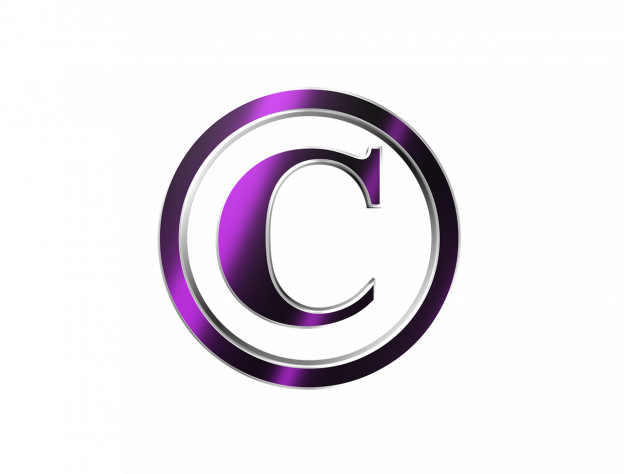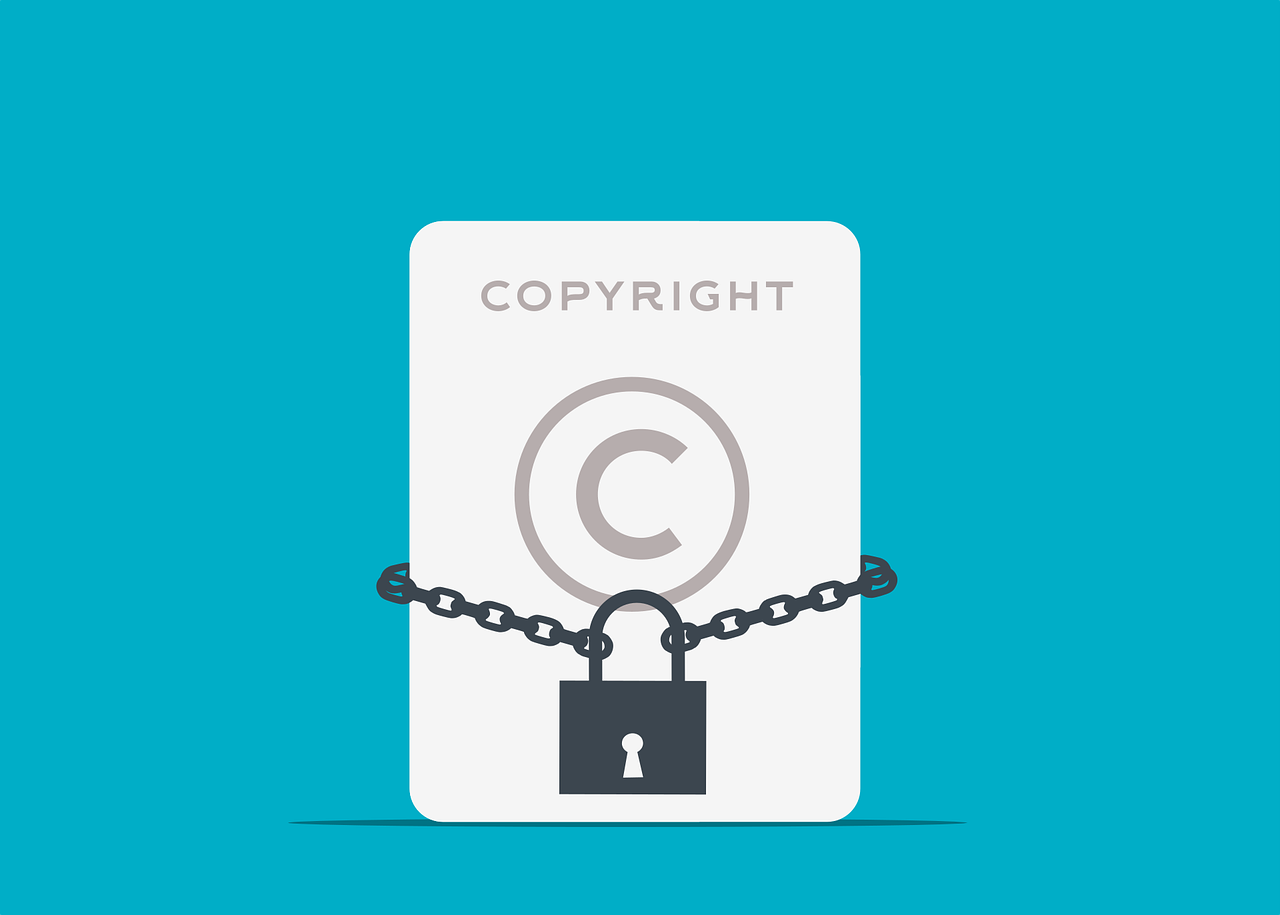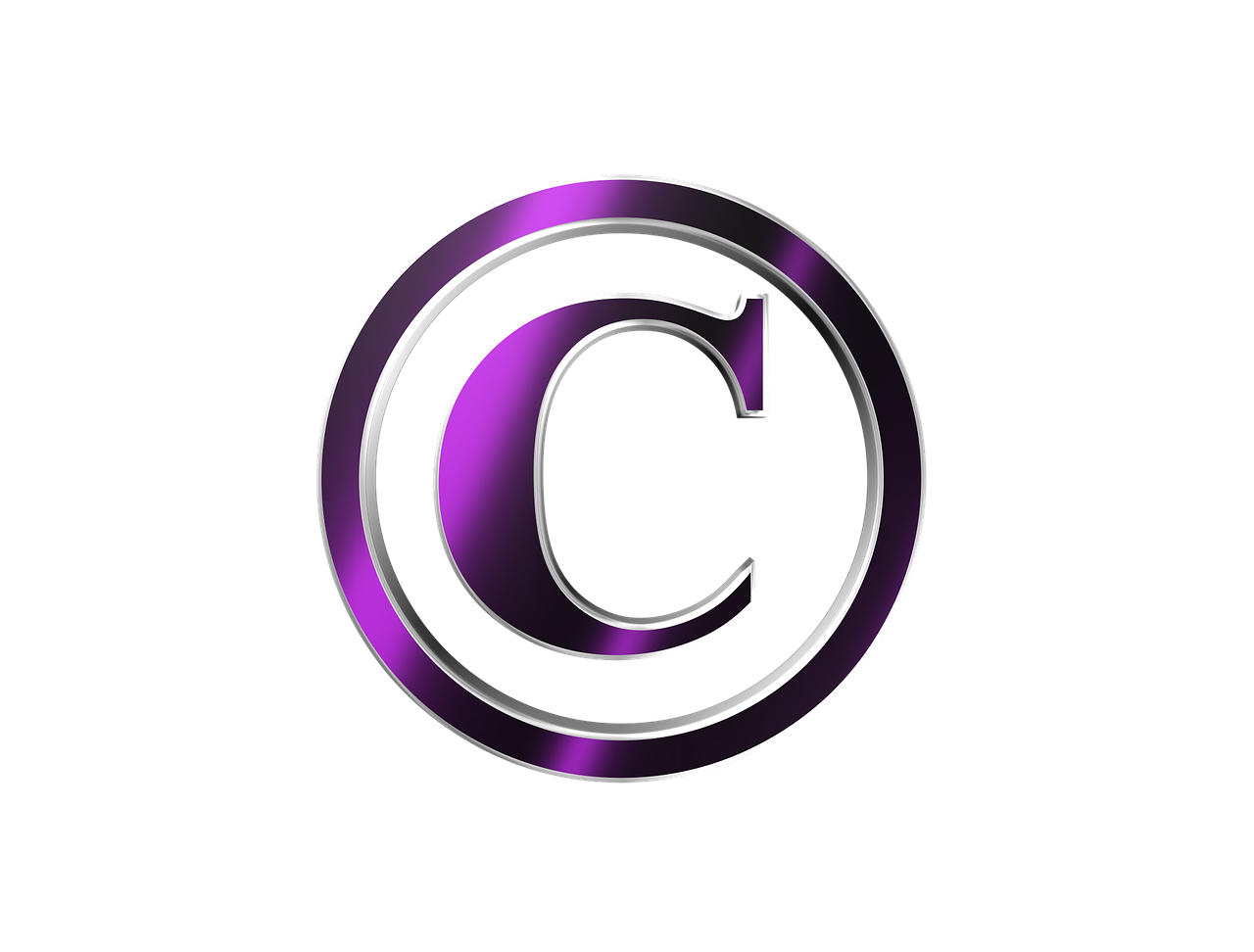If you’re considering adoption in West Haven, Utah, it’s important to have the guidance and support of a skilled adoption lawyer. From navigating legal complexities to protecting your rights and the best interests of the child, an adoption lawyer can provide invaluable assistance throughout the process. In this article, we’ll address common legal concerns, provide reassurance and guidance, and offer important information that will help you make informed decisions. Whether you’re a birth parent, adoptive parent, or involved in any aspect of the adoption process, our goal is to create an emotional connection and optimize our content to provide the information you need. Our dedicated and experienced attorney is just a phone call away, ready to provide the personalized assistance you deserve. Don’t hesitate to take the next step and reach out for a consultation.
Overview of Adoption Laws in West Haven
Understanding the Adoption Process
Adopting a child is a life-changing decision that requires a thorough understanding of the adoption process. In West Haven, Utah, there are specific laws and regulations that govern this process, ensuring the protection of all parties involved. The first step in adoption is to familiarize yourself with these laws to ensure a smooth and legally-compliant adoption journey.
Types of Adoption
There are various types of adoption available in West Haven, and it is essential to understand each option before making a decision. Some common types of adoption include domestic adoption, international adoption, foster care adoption, and private adoption. Each type has unique requirements and considerations, so it is crucial to choose the one that aligns with your preferences and circumstances.
Rights and Responsibilities of Birth Parents
Birth parents play a significant role in the adoption process, and it is essential to understand their rights and responsibilities. In West Haven, birth parents have the right to consent to the adoption, but this consent can be revoked within a certain period. They also have the right to receive counseling and support services to ensure they make an informed decision about their child’s future.
Rights and Responsibilities of Adoptive Parents
As an adoptive parent, it is crucial to be aware of your rights and responsibilities throughout the adoption process. In West Haven, adoptive parents have the right to provide a safe and nurturing home for the child. They also have the responsibility to undergo a home study, complete the necessary paperwork, and comply with the requirements set by the adoption agency or the court.
Choosing an Adoption Attorney
Why You Need an Adoption Attorney
When navigating the intricacies of adoption laws in West Haven, it is highly recommended to seek the guidance and expertise of an adoption attorney. An adoption attorney specializes in adoption law and can provide valuable legal advice and representation throughout the entire process. They ensure compliance with all legal requirements, protect your interests, and advocate for the best possible outcome for you and your future child.
Qualities to Look for in an Adoption Attorney
When choosing an adoption attorney in West Haven, it is important to consider certain qualities to ensure you have the best possible legal representation. Look for an attorney who has experience in adoption law, is compassionate and understanding, has excellent communication skills, and is knowledgeable about the specific adoption laws in West Haven. A trustworthy attorney should also be able to provide references or testimonials from previous clients who can vouch for their professionalism and competence.
Questions to Ask Potential Adoption Attorneys
To gauge whether an adoption attorney is the right fit for your needs, it is essential to ask them a series of questions during the initial consultation. Some questions to consider asking include:
- How many years of experience do you have in adoption law?
- Have you handled cases similar to mine before?
- What is your approach to communication and how often can I expect updates?
- What are your fees and payment options?
By asking these questions, you can get a better understanding of the attorney’s qualifications, experience, and how they can assist you in achieving a successful adoption process.
Finding the Right Adoption Attorney in West Haven
Local Adoption Law Firms in West Haven
When searching for an adoption attorney in West Haven, start by researching local adoption law firms. These firms specialize in adoption law and have experience dealing with the specific adoption laws in West Haven. Look for firms with a solid reputation, experienced attorneys, and positive client reviews. A local adoption law firm can provide the convenience of easy access for meetings and consultations throughout the adoption process.
Online Resources for Finding Adoption Attorneys
In addition to local adoption law firms, there are several online resources available to assist you in finding the right adoption attorney in West Haven. Websites such as the Utah State Bar Association and legal directories provide a list of reputable attorneys specializing in adoption law. Take the time to read reviews and testimonials from previous clients to gain insight into the attorney’s track record and client satisfaction.
Referrals and Recommendations
Seeking referrals and recommendations from trusted sources can be another effective way to find an adoption attorney in West Haven. Reach out to friends, family members, or other adoptive parents who have gone through the adoption process and ask for their recommendations. Hearing firsthand experiences and success stories can help you make an informed decision when choosing an adoption attorney.
The Role of an Adoption Attorney
Initial Consultation and Case Evaluation
Once you have chosen an adoption attorney in West Haven, the first step is to schedule an initial consultation. During this consultation, the attorney will evaluate your case, gather relevant information, and answer any questions you may have. This is an opportunity for you to discuss your goals, concerns, and expectations, while the attorney assesses the legal aspects of your adoption process.
Legal Representation and Advice
One of the primary roles of an adoption attorney is to provide legal representation and advice throughout the adoption process. They will ensure that all legal procedures are followed, review contracts and agreements, and protect your rights and interests. Your attorney will guide you through the complex legal system, making sure you have a clear understanding of your rights and responsibilities as an adoptive parent.
Document Preparation and Filing
Adoption involves extensive paperwork and document preparation. An adoption attorney will assist you in completing all necessary legal forms, including adoption petitions, consents, and affidavits. They will ensure that all documents are filed correctly with the court and adoption agencies, eliminating the risk of errors or omissions that could delay or jeopardize the adoption process.
Negotiating with Birth Parents
In some adoption cases, negotiations with birth parents might be necessary. An adoption attorney acts as a mediator between the adoptive parents and birth parents, helping facilitate open and honest communication. They will work to reach an agreement on various adoption-related matters, such as visitation rights, contact agreements, and ongoing communication after the adoption is finalized.
Finalizing the Adoption
The final stage of the adoption process is the legal finalization of the adoption. An adoption attorney will guide you through this process, ensuring that all legal requirements are met. They will represent you in court and present the necessary evidence to demonstrate that the adoption is in the best interest of the child. Once the adoption is finalized, your attorney will provide the necessary documentation to update legal records and secure your parental rights.
Understanding the Costs of Adoption
Legal Fees and Expenses
Adoption involves various legal fees and expenses that adoptive parents should be prepared for. These fees can include attorney fees, court filing fees, and fees associated with the home study process. It is essential to discuss the cost structure with your adoption attorney and have a clear understanding of the fees you will be responsible for throughout the adoption journey.
Birth Parent Expenses
In certain cases, adoptive parents may be responsible for covering certain birth parent expenses. These expenses can include medical expenses related to the birth mother’s prenatal care, childbirth, and postpartum care. It is important to understand the laws and regulations surrounding birth parent expenses in West Haven, as they can vary depending on the circumstances of the adoption.
Adoption Agency or Facilitator Fees
If you choose to work with an adoption agency or facilitator, there may be additional fees involved. These fees cover the services provided by the agency, such as matching adoptive parents with birth parents, conducting background checks, and providing counseling and support during the adoption process. It is crucial to clarify the fee structure with the agency or facilitator before engaging their services.
Other Potential Costs
In addition to legal fees and agency fees, there may be other miscellaneous costs associated with the adoption process. These can include travel expenses if the adoption involves interstate or international travel, post-placement supervision fees, and expenses related to meeting specific adoption requirements. Discuss these potential costs with your adoption attorney to ensure you are financially prepared for all aspects of the adoption process.
Rights and Requirements for Birth Parents
Termination of Parental Rights
The termination of parental rights is a crucial step in the adoption process. Birth parents in West Haven must consent to the adoption and voluntarily terminate their parental rights. Once the rights are terminated, they no longer have any legal obligations or rights to the child. It is important to consult an adoption attorney to ensure the proper procedure is followed and all legal requirements are met.
Consent and Revocation Periods
In West Haven, birth parents must provide their consent for the adoption to proceed. Once consent is given, there is a specific revocation period during which the birth parents have the right to change their minds and revoke their consent. It is essential for adoptive parents to be aware of the revocation period and understand the legal implications to avoid any potential disruptions in the adoption process.
Counseling and Support Services
Birth parents in West Haven have the right to receive counseling and support services throughout the adoption process. Counseling can help birth parents make an informed decision about adoption, address any emotional issues, and provide guidance on coping with the process. Adoption agencies and adoption attorneys can help connect birth parents with counseling resources to ensure they receive the necessary support.
Open vs. Closed Adoptions
Another important consideration for birth parents is whether to pursue an open or closed adoption. In an open adoption, birth parents and adoptive parents maintain some level of ongoing contact and communication. In a closed adoption, there is no direct contact between the birth parents and adoptive parents. It is crucial for birth parents to understand their rights and preferences regarding the type of adoption they wish to pursue.
Navigating the Adoption Home Study
What is an Adoption Home Study?
An adoption home study is a thorough assessment of the prospective adoptive parents’ home environment, lifestyle, and suitability for adoption. It is a mandatory requirement in West Haven and ensures that the home is safe and suitable for a child. The home study process involves interviews, background checks, and home visits conducted by a licensed social worker or adoption professional.
Home Study Process and Timeline
The home study process typically consists of several stages, including the submission of documents, interviews, and home visits. The timeline for completion of the home study can vary depending on various factors, such as the availability of the adoptive parents and the workload of the adoption agency or social worker. It is important to start the home study process early to avoid delays in the overall adoption timeline.
Preparing for the Home Study
Preparing for the home study involves creating a safe and welcoming environment for a child. This includes ensuring that the home is clean and well-maintained, conducting necessary repairs or improvements, and meeting any specific requirements outlined by the adoption agency or social worker. It is also crucial to gather all required documents, such as financial records, medical records, and personal references, to facilitate a smooth home study process.
Common Home Study Requirements
During the home study, the social worker or adoption professional will evaluate various aspects of the adoptive parents’ lives, including their financial stability, physical and mental health, and ability to provide a nurturing and safe environment for a child. Common home study requirements may include background checks, drug tests, character references, and proof of income. By understanding and fulfilling these requirements, adoptive parents can ensure a positive outcome in the home study process.
Adoption and Interstate Compact for the Placement of Children (ICPC)
Understanding ICPC
The Interstate Compact for the Placement of Children (ICPC) is a legal agreement between all 50 states, including Utah, that governs the placement of children for adoption across state lines. Its purpose is to ensure that the child’s best interests and legal rights are protected when being placed with adoptive parents in another state. Understanding how ICPC works is crucial for adoptive parents who are planning to adopt a child from out of state.
When ICPC Applies in Adoption
ICPC applies when the child being adopted is born in one state but is being placed with adoptive parents in another state. It is a legal requirement for both states to approve the interstate placement, ensuring that all necessary paperwork and documentation are in order. The process involves thorough review and coordination between the sending and receiving states, adoption agencies, and the adoptive parents.
Approval Process and Timelines
The approval process for ICPC involves submitting the required documents and information to the sending and receiving states. The adoption agency or adoption attorney will initiate the process and work with both states’ ICPC offices to ensure compliance with the ICPC regulations. The approval timeline can vary depending on the efficiency of the ICPC offices and the completeness of the documentation. It is important to consult with an adoption attorney who is well-versed in ICPC to navigate the process effectively.
Challenges and Considerations in Adoption
Choosing Between Domestic and International Adoption
One of the first decisions adoptive parents face is choosing between domestic and international adoption. Domestic adoption involves adopting a child within the United States, while international adoption involves adopting a child from another country. Each option comes with its own set of challenges and considerations, such as legal requirements, cultural differences, and travel expenses. It is important to weigh the pros and cons of each option and choose the one that best suits your preferences and circumstances.
Adopting Older Children or Children with Special Needs
Another important consideration is whether to adopt older children or children with special needs. There are many older children and children with special needs who are in need of a loving and stable home. However, adopting older children or children with special needs can come with unique challenges, such as dealing with potential trauma, addressing specific medical or developmental needs, and adjusting to a different family dynamic. It is crucial to assess your readiness, resources, and support system before making this decision.
Dealing with Potential Adoption Disruptions
Adoption disruptions, where an adoption does not proceed as planned, can be emotionally challenging for all parties involved. There can be various reasons for adoption disruptions, such as changes in birth parents’ decisions, legal complications, or unforeseen circumstances. It is important to be prepared for these possibilities and work closely with your adoption attorney to minimize the risk of disruptions. Your attorney can provide guidance and support during difficult times and help explore alternative options if necessary.
Post-Adoption Legalities and Updates
After the adoption is finalized, there are still post-adoption legalities and updates to consider. This can include updating legal records, such as birth certificates and social security information, to reflect the new parent-child relationship. It may also involve securing necessary documentation for international adoptions, such as obtaining a Certificate of Citizenship for the child. Your adoption attorney can guide you through these post-adoption processes to ensure all legal requirements are met.
Frequently Asked Questions
What are the requirements to adopt a child in West Haven?
In West Haven, the requirements to adopt a child include being at least 21 years old, completing a home study evaluation, passing background checks, and demonstrating the ability to provide a safe and nurturing home for a child. It is recommended to consult with an adoption attorney to fully understand the specific requirements and ensure compliance with all applicable laws and regulations.
Can the birth parents change their mind after giving consent for adoption?
In West Haven, birth parents have a revocation period during which they can change their mind and revoke their consent for adoption. The revocation period typically ranges from 24 hours to several days after consent is given, depending on the specific circumstances. However, once the revocation period expires, the consent becomes legally binding, and the birth parents cannot change their mind.
How long does the adoption process typically take in West Haven?
The duration of the adoption process in West Haven can vary depending on various factors, including the type of adoption, the availability of adoptive parents, and the complexity of the case. On average, the adoption process can take several months to a year or more. It is important to consult with an adoption attorney who can provide a realistic timeline based on your specific circumstances.
In summary, navigating the adoption process in West Haven requires a comprehensive understanding of the laws and regulations that govern adoption. Choosing an experienced adoption attorney is crucial to ensure legal compliance, protect your rights and interests, and achieve a successful adoption outcome. By familiarizing yourself with the adoption process, understanding birth parents’ rights and responsibilities, and being aware of the costs and requirements, you can make informed decisions and embark on a fulfilling adoption journey. Remember to always consult with an adoption attorney for personalized guidance and support throughout the process.











































